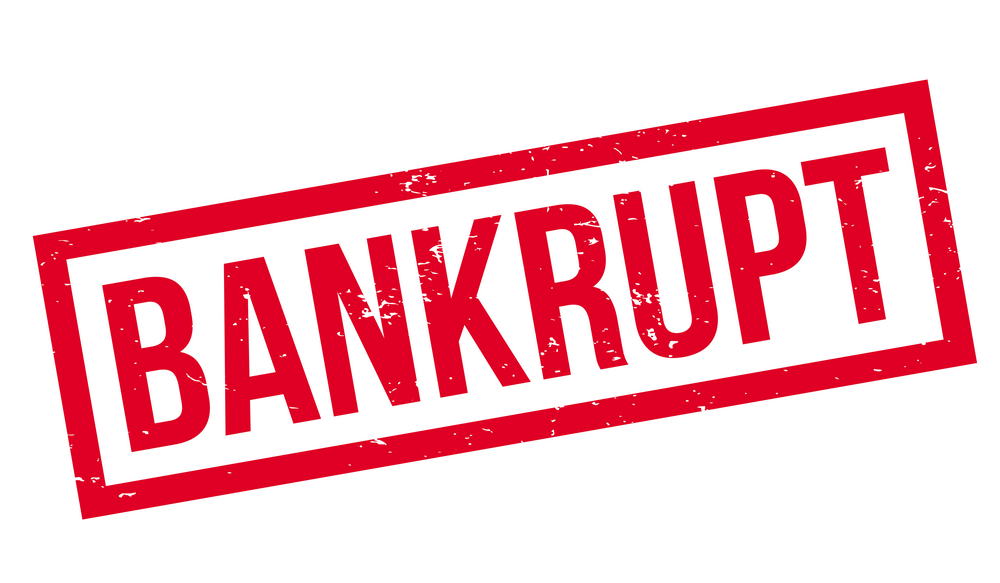Winning parties to a civil lawsuit are known as judgment creditors. You would want to be that party if you were ever involved in civil litigation. But winning a judgment doesn’t necessarily translate into sunshine and roses. You have a lot working against you, including the judgment creditor’s worst enemy: bankruptcy.
Civil judgments are essentially decisions rendered in court regarding a civil lawsuit. A judgment determines which party wins and which one loses. Judgments almost always call for financial restitution as well, including the losing party having to pay the winning party’s legal expenses.
All of that is well and good. But what happens if the losing party, also known as the judgment debtor, doesn’t feel he can pay what he owes? His attorney might recommend declaring bankruptcy. If he does, and the bankruptcy is approved, that could mean the end of the creditor’s ability to collect.
Different Types of Bankruptcy
U.S. bankruptcy law allows for different types of bankruptcy. For the purposes of this post, we need only deal with two: chapter 7 and chapter 11. It is the chapter 7 bankruptcy that tends to worry judgment creditors. Why? Because a successful chapter 7 results in the legal discharge of debts.
Under a chapter 11 bankruptcy, the petitioner is asking the court for permission to reorganize so that all outstanding debts can eventually be paid. A chapter 7 bankruptcy filing recognizes that the debtor has no reasonable means of making payment nor is expected to have such means in the future.
There are only a small number of debts that cannot be discharged in a chapter 7 bankruptcy. They include:
- Child support and alimony payments
- Back taxes (federal, state, and local)
- Legal expenses (court-imposed fines, penalties, etc.)
- Mortgages on primary residences.
Just about anything else is up for grabs, including civil judgments. A court could discharge a civil judgment if it believes there is no possible way the debtor can pay the debt.
Collect as Quickly as Possible
The fact that civil judgments can be discharged via chapter 7 bankruptcy tells creditors some important things. First, it tells them to not waste any time in trying to collect. As soon as the judgment is rendered, the wheels should be set in motion. Even if the creditor must wait 30 days before beginning collection efforts, there are things that can be done during that time.
Next, it tells the creditor to pay attention to any possible signs suggesting a bankruptcy is forthcoming. In such cases, it is often worthwhile to reach out with an offer to accept less. As the thinking goes, getting less than what is owed is better than getting nothing at all.
Finally, it tells creditors that their best shot at collecting is to turn the judgment over to an agency like Salt Lake City’s Judgment Collectors. Specialized collection agencies know how to use every legal tool to affect payment in a timely manner. They may not always succeed, but they have a greater chance of success than your typical creditor.
Lawyers Are of Little Help
Unfortunately, when it comes to civil judgments and bankruptcy, lawyers can be of little help. They can even be counterproductive. More than one attorney has recommended bankruptcy specifically to avoid paying the judgment in question. Whether or not it is ethical is a matter of debate. What is not debatable is that the judgment creditor is left out in the cold. That is not right. A civil judgment establishes a legally binding debt. It is a debt that ought to be paid one way or another.













Comments